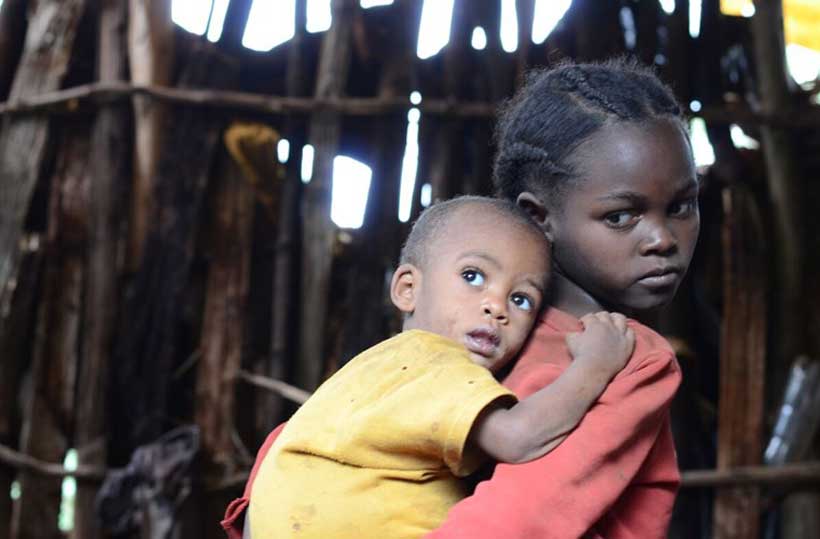AfricaPress-Tanzania: AS the country breathes a sigh of relief after the general elections, and as it continues to push for an industrialised economy, I believe that the effort that has been directed towards the industrialisation agenda should also be directed towards the fight against child marriages.
It is commendable that a lot of effort and resources have been used so far to trumpet the directive issued by President John Magufuli to push the country forward through putting up industries, but I believe that if the same effort is directed towards ending child marriages in Tanzania, then the same success will be recorded.
Child marriage is a truly global problem that cuts across countries, cultures, religions and ethnicities.
Child brides can be found not only in Tanzania but in every region in the world, from the Middle East to Latin America, South Asia to Europe.
According to statistics from Amref Africa, if there is no reduction in child marriage, the global number of women married as children will reach 1.2 billion by 2050. At its heart, child marriage is rooted in gender inequality and the belief that girls and women are somehow inferior to boys and men.
Child marriage is a complex issue to say the least, and it is driven by poverty, lack of education, cultural practices, and insecurity. In many communities where child marriage is practiced, girls are not valued as much as boys – they are seen as a burden on their family.
Marrying your daughter at a young age can be viewed as a way to ease economic hardship by transferring this ‘burden’ to her husband’s family.
Child marriage is also driven by patriarchal values and the desire to control female sexuality, for instance, how a girl should behave, how she should dress, who she should be allowed to see, to marry, etc. Families closely guard their daughters’ sexuality and virginity in order to protect the family honour.
Girls who have relationships or become pregnant outside of marriage are shamed for bringing dishonour on their family. Today, we have a unique opportunity to act on this momentum and accelerate our efforts to help change the lives of girls and young women all over the country.
Ending child marriage requires work across all sectors and at all levels, and as we raise our voices towards an industrialised economy, we should know that it requires us to understand the complex drivers behind the practice in different contexts and adapt our interventions accordingly.







